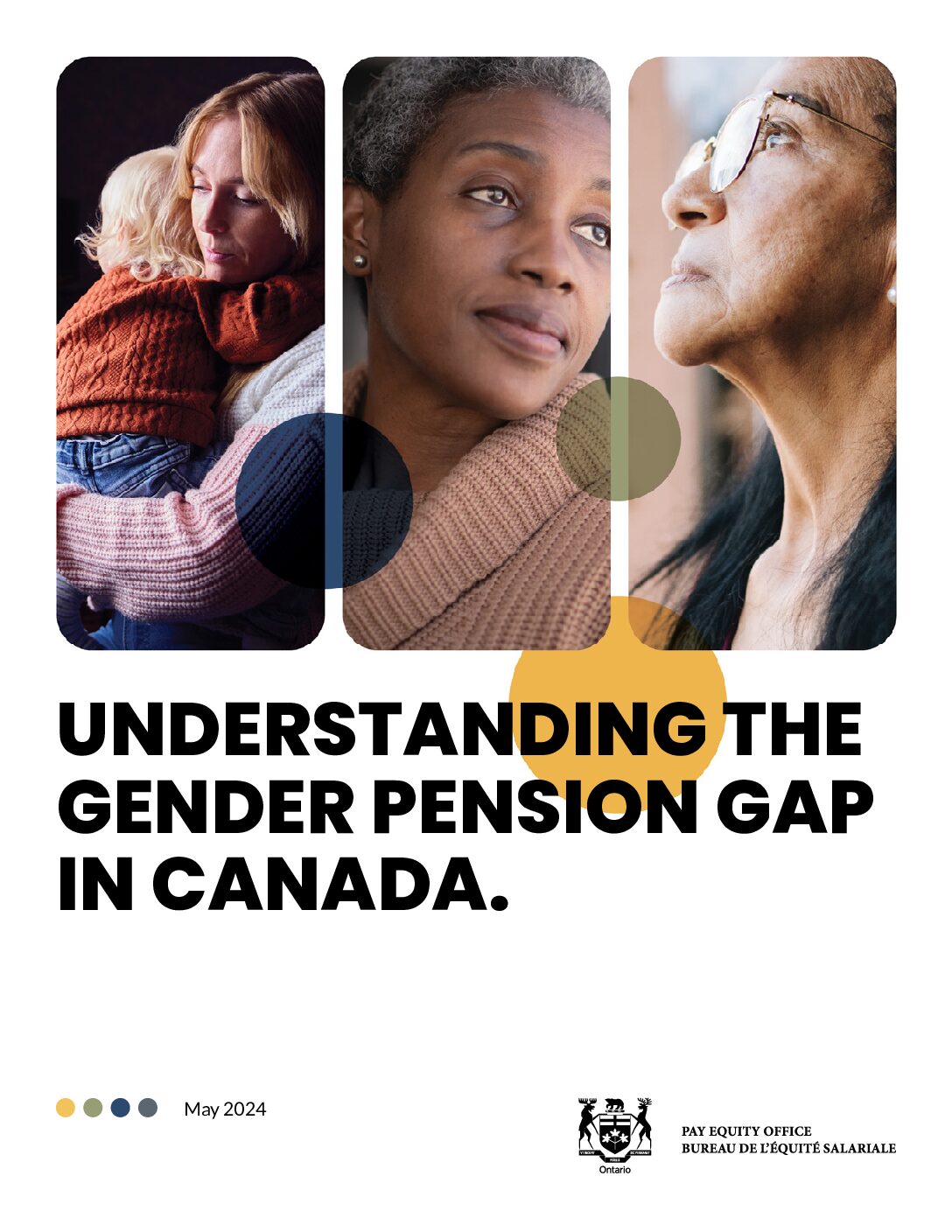An Exploratory Study on the Health and Wellbeing of Biracial/Multiracial and Bisexual Older Adults
By Deana Williams
Though LGBT aging literature is expanding, gerontological and sexual minority studies have yet to examine the lived experiences of biracial/multiracial and bisexual older adults, despite evidence of distinctive life sequences and health disparities among these groups. This study aimed to: (1) examine the lived experiences of biracial/multiracial and bisexual older adults and (2) identify how these lived experiences shape their health and wellbeing, socially supportive relationships, and community connectedness. Qualitative data were collected via audio-based interviews with 9 participants. The semi-structured interview guide explored identity history; health experiences, needs, and concerns; social support and community belonging; and identityrelated negative and positive experiences. Interviews were analyzed using inductive thematic analysis. Findings revealed aspects of adversity and resiliency within participants’ perceptions of their mental and physical health. When discussing the aging process, participants noted their cultural attitudes towards aging and transferrable lessons from intersections of their identities contributed to their aging acceptance. Participants discussed several identity-related discriminatory experiences over their lifetime that extended to their healthcare experiences.
Get the book here
238 views










